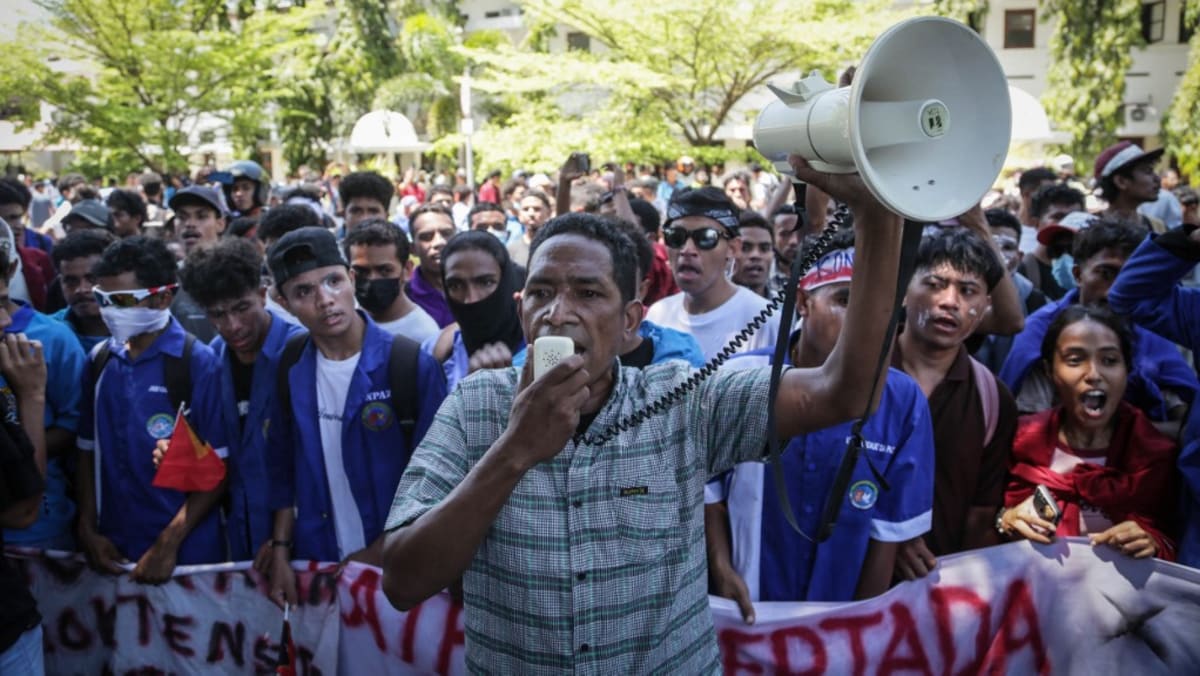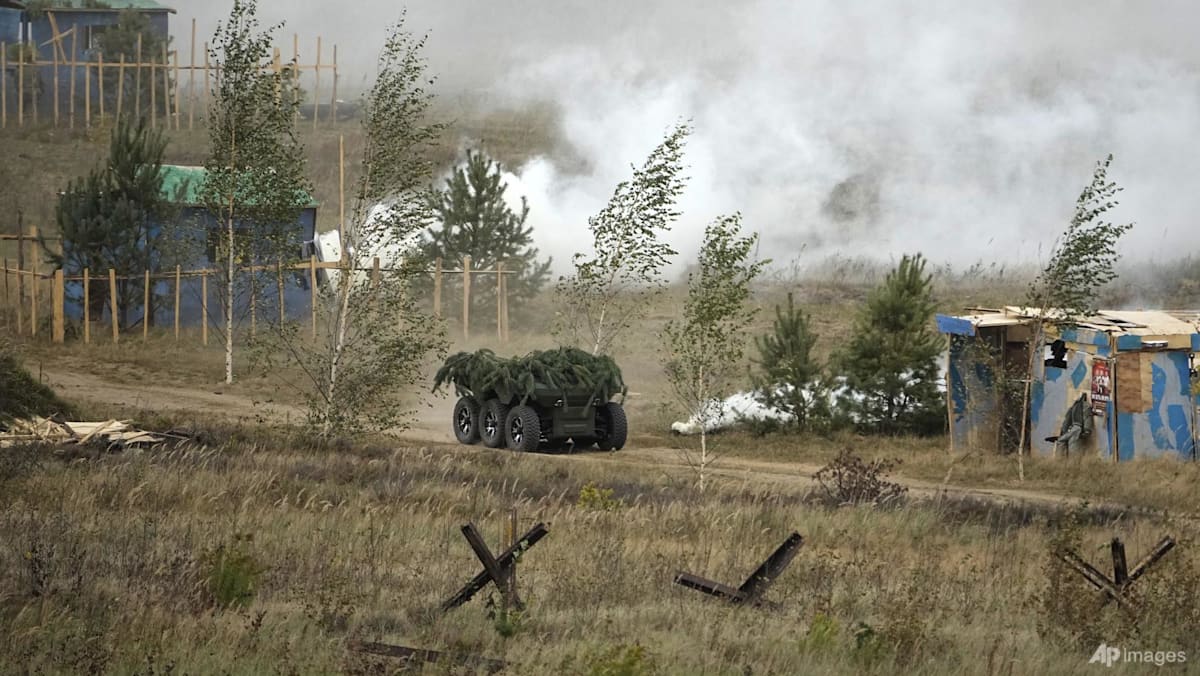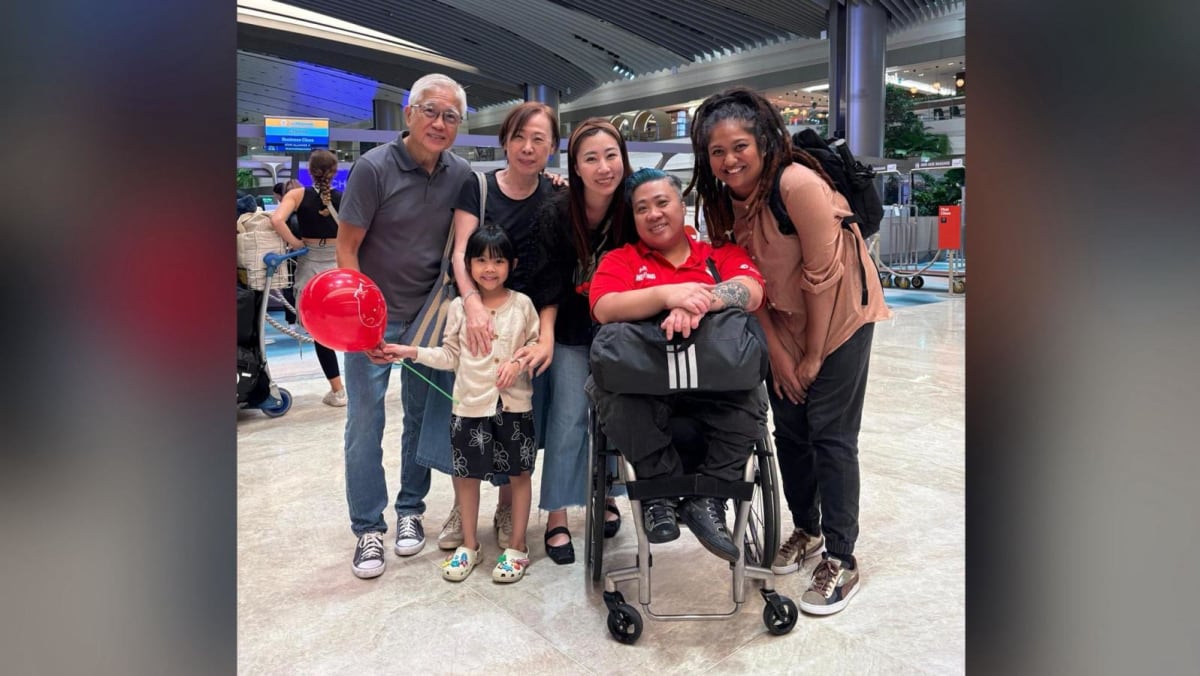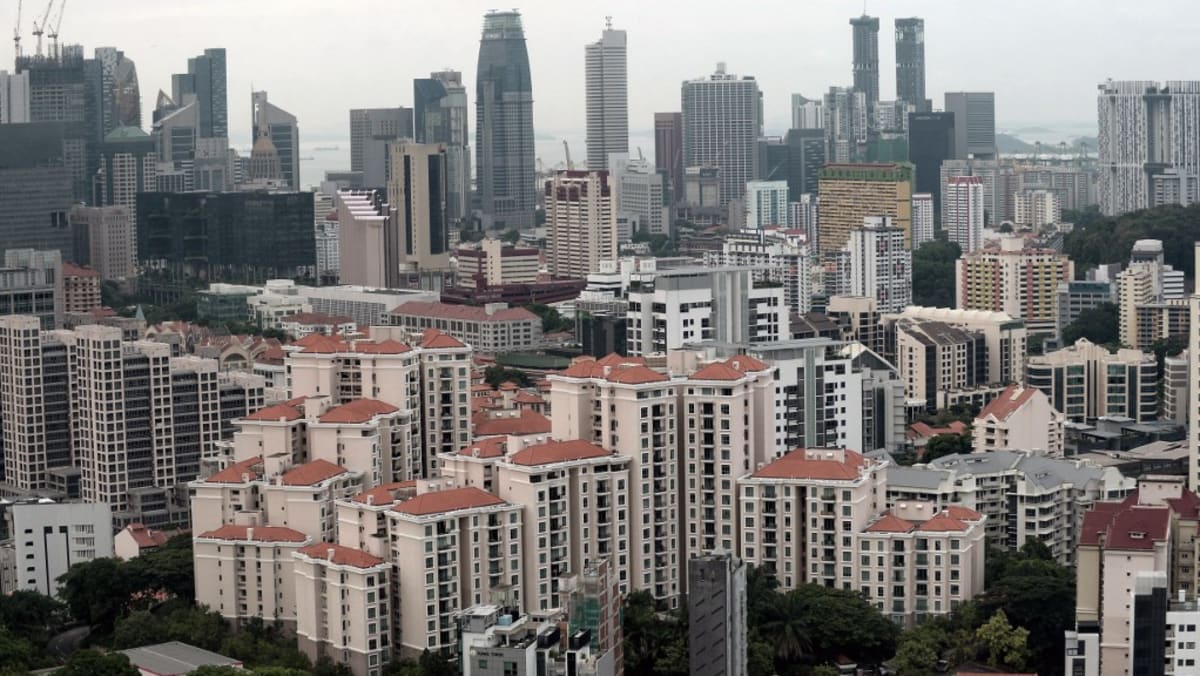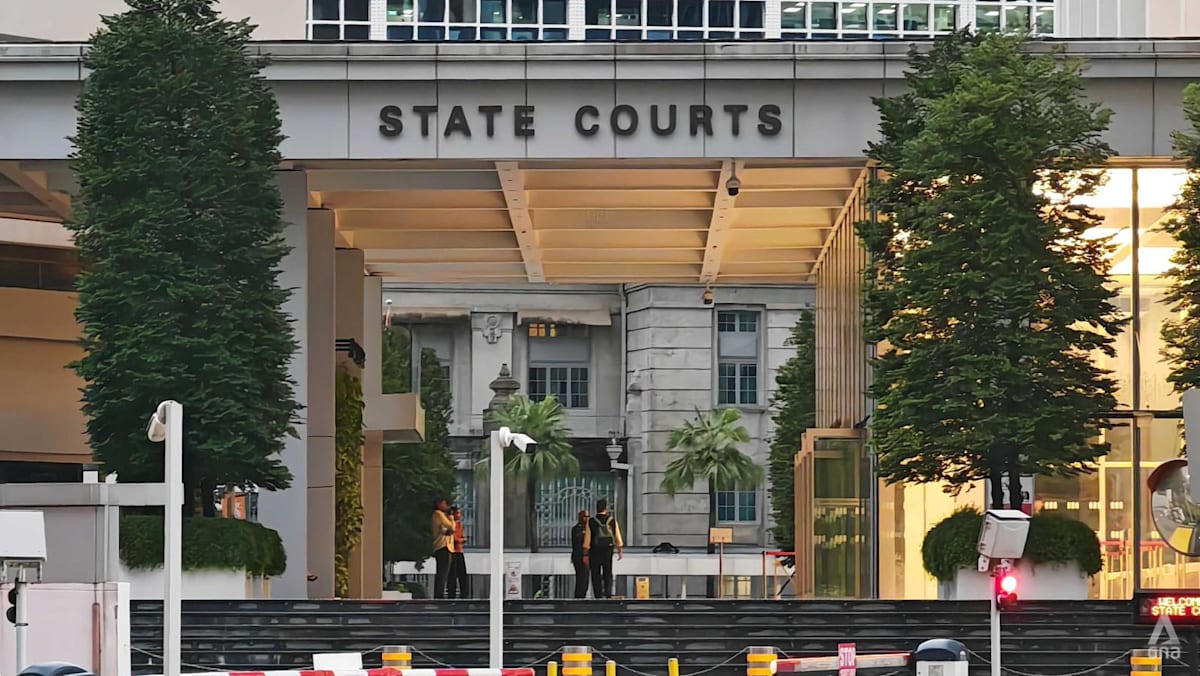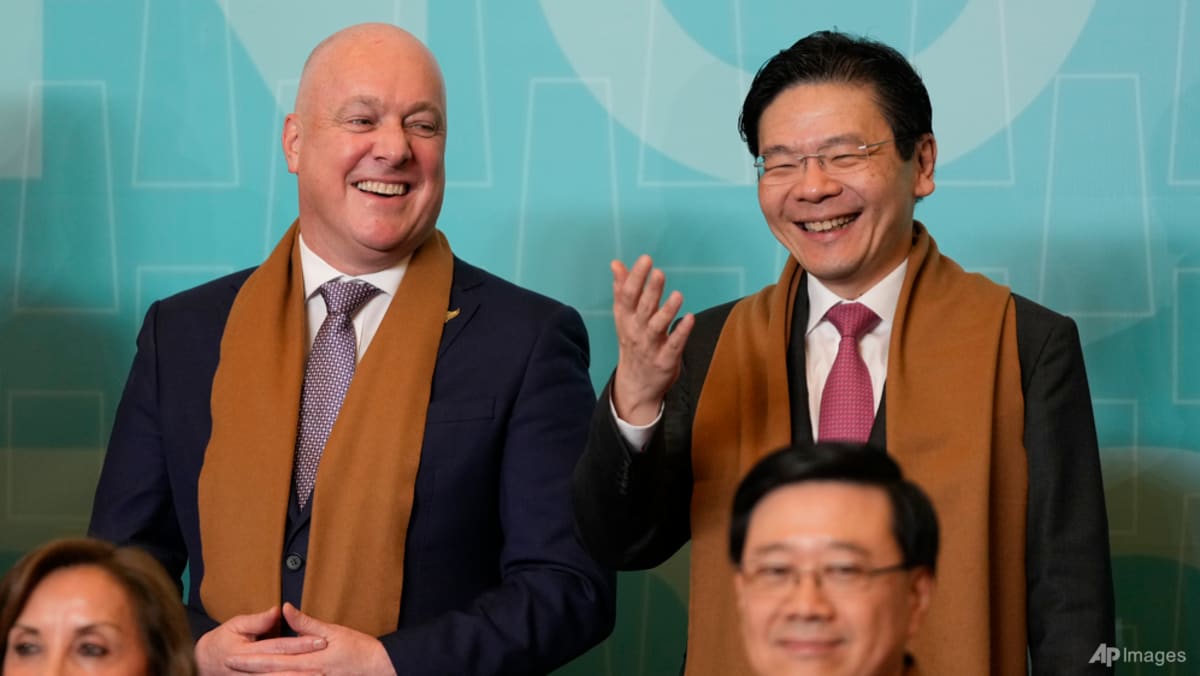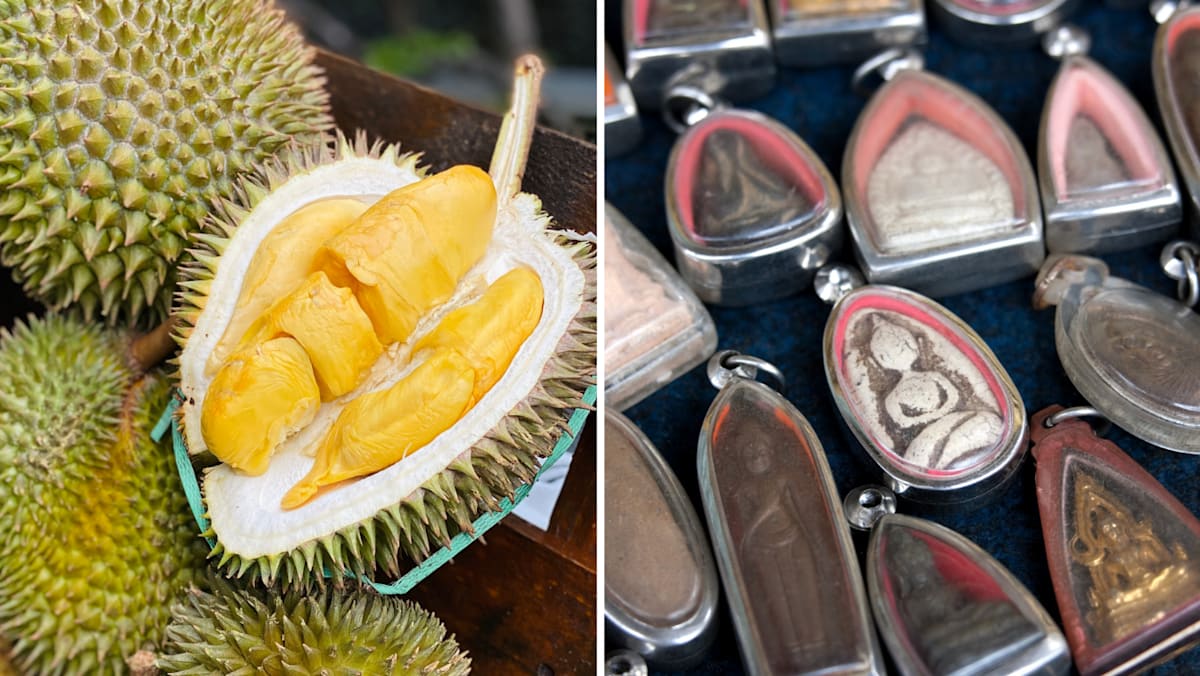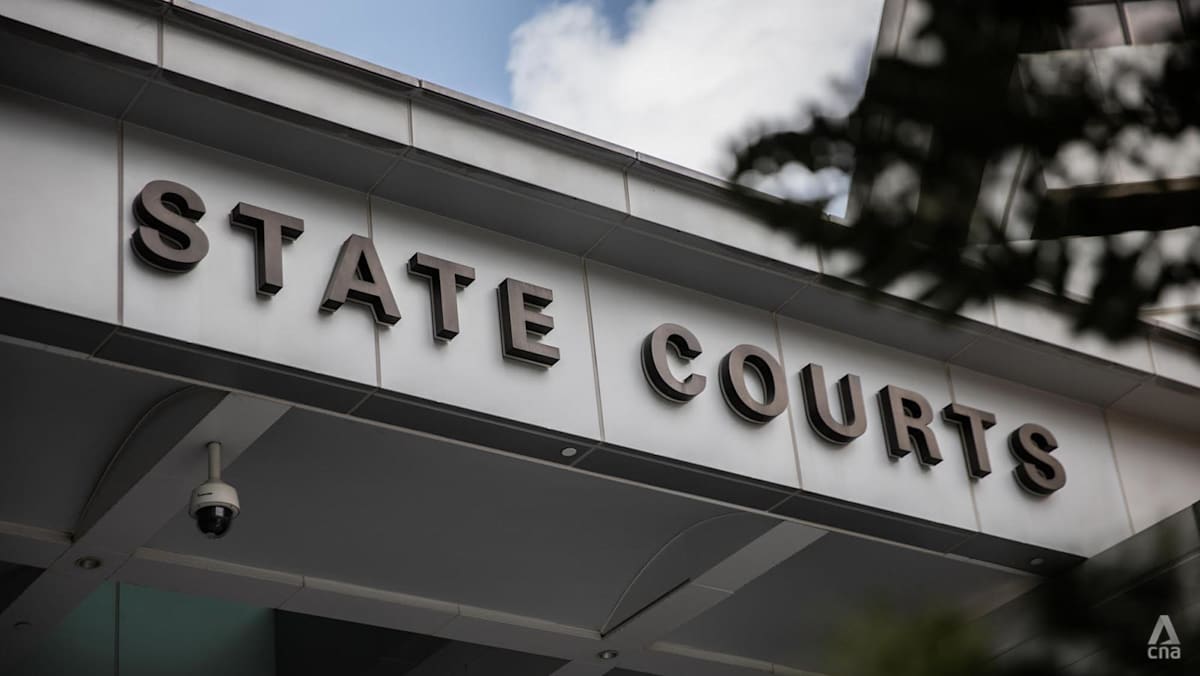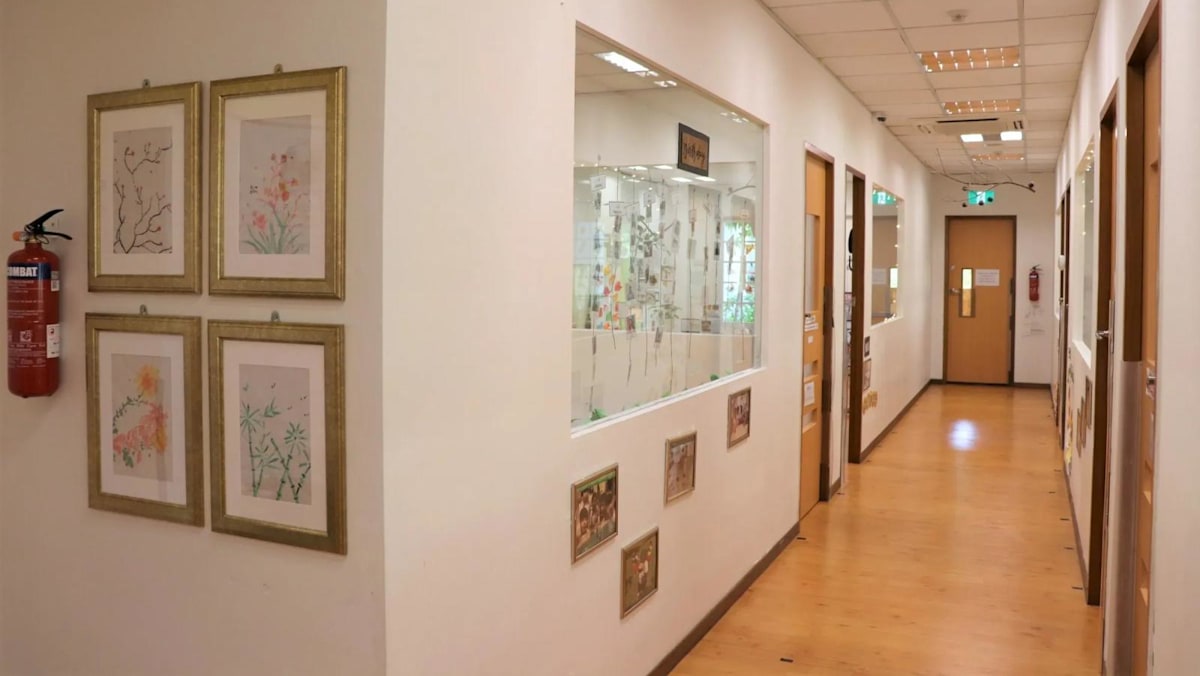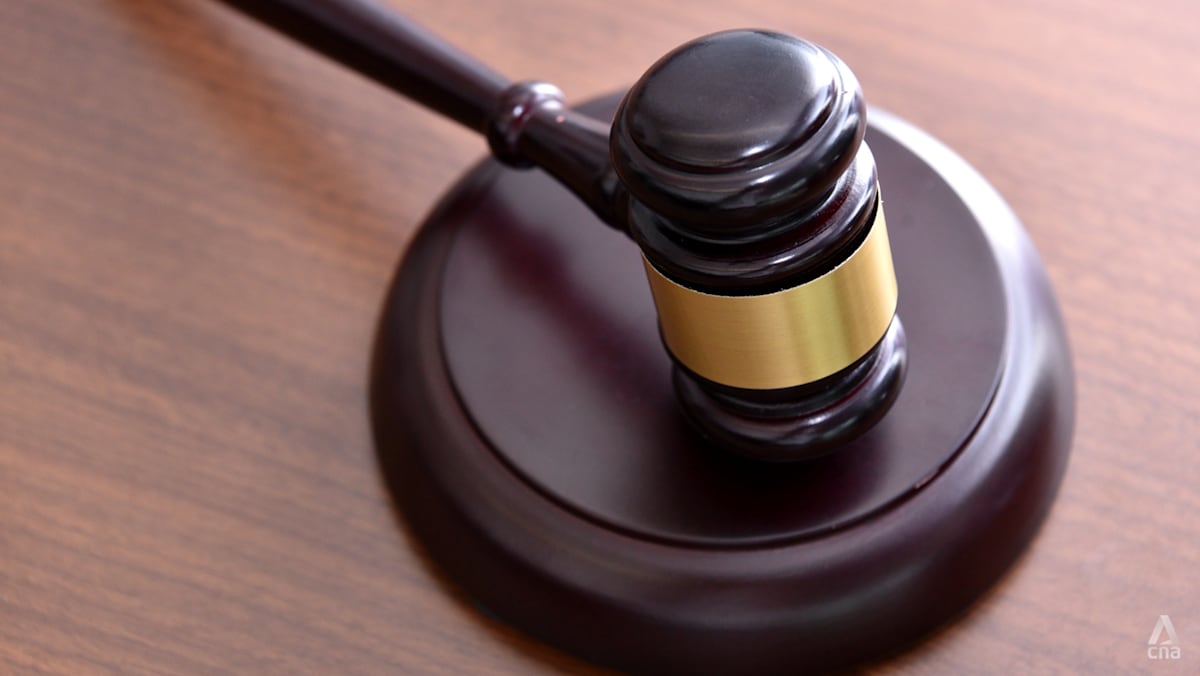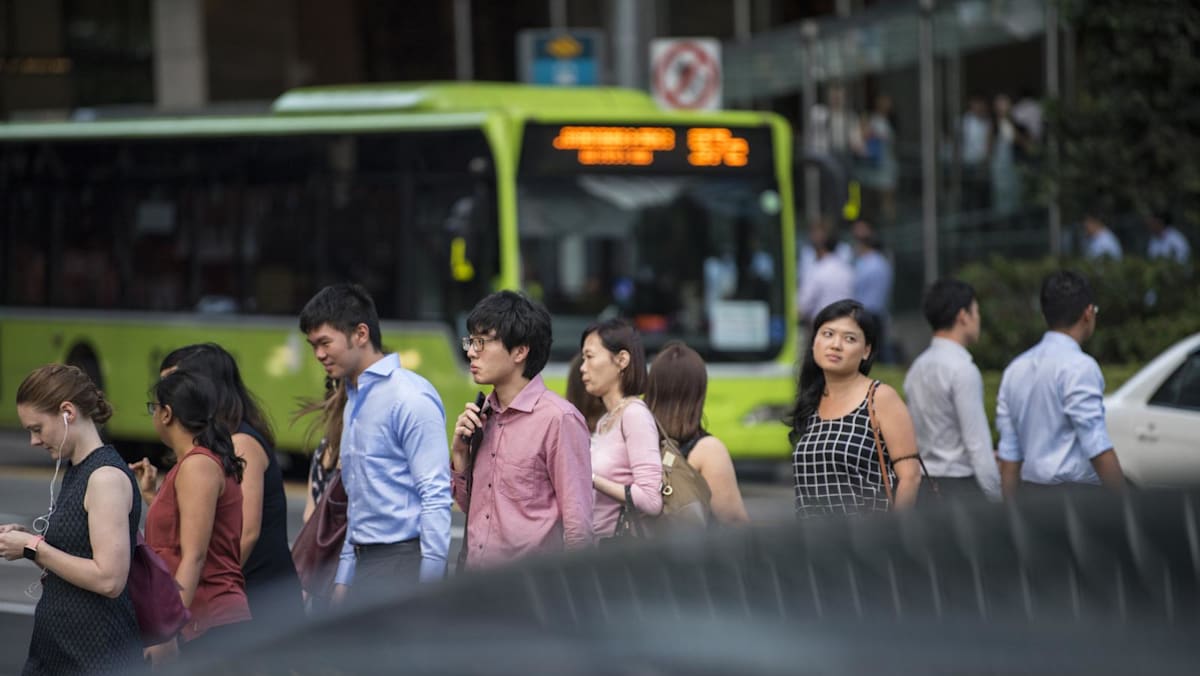“I also then wonder – I’ve been at the top and I’ve got a Paralympic medal, why am I still doing this?” she added.
Goh also shared how stress affected her during early competitions.
Where nerves in swimming can be channeled into the pool, it is not the case with shooting, where the tiniest change to how one pulls a trigger can make a difference.
“At the start I did a couple of local competitions, and I got so nervous that I was perspiring in an air-conditioned range, and I could feel myself just getting very warm, my heart rate just increasing,” she said.
“I realised the same level of nervousness that I can (use in) swimming, I can’t really use it in shooting, because it might make me shake too much.”
But what drives Goh is to see what she is capable of.
“Why do we have to limit ourselves so much? I want to see how much I can do. What can I do? How far can I go?” she said.
“And that doesn’t stop just because I’ve reached a certain level in another sport, you know? I want to see what my limits are.”
TAKING IT STEP BY STEP
That was how she found herself at her first overseas competition – the World Shooting Para Sport World Cup in Changwon, South Korea – last month.
It was a strange feeling, Goh said, not the least because of her International Paralympic Council (IPC) athlete licence number.
She first registered with IPC more than two decades ago, so her number was much smaller compared to her peers and opponents.
When it came to the meet itself, what helped Goh was the ability to apply some relaxation techniques picked up from the pool.
“I was nervous, because it’s been a couple of years since I’ve been in any kind of competitive environment,” she said, adding that she calmed herself with the reminder that “it’s not the end of the world if it’s a bad shot”.
